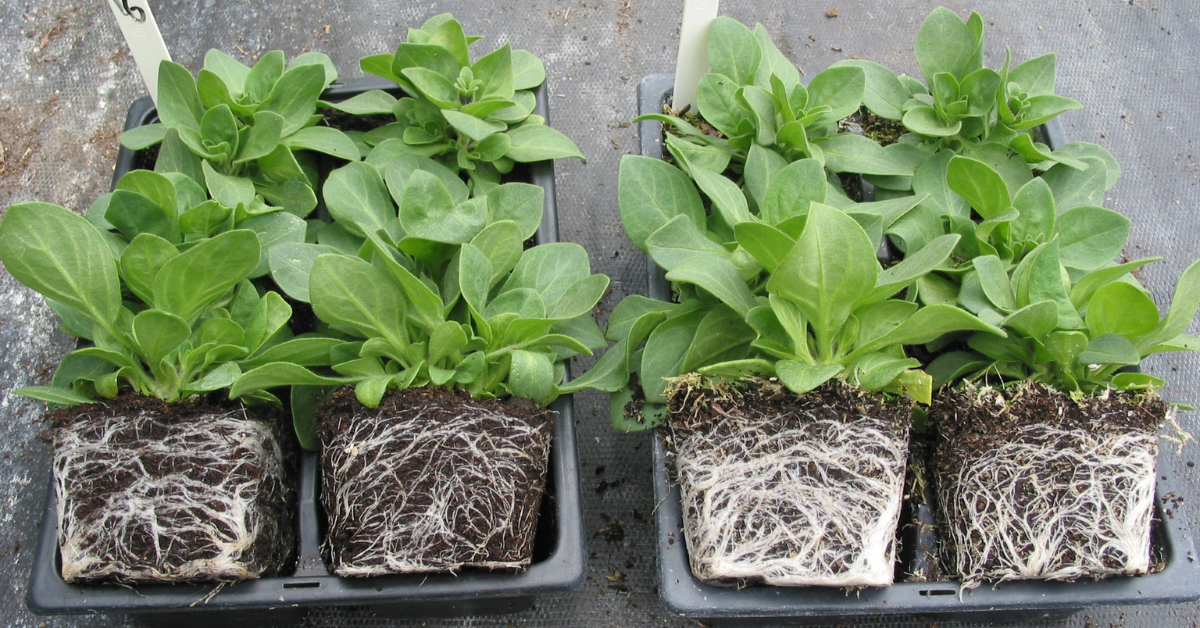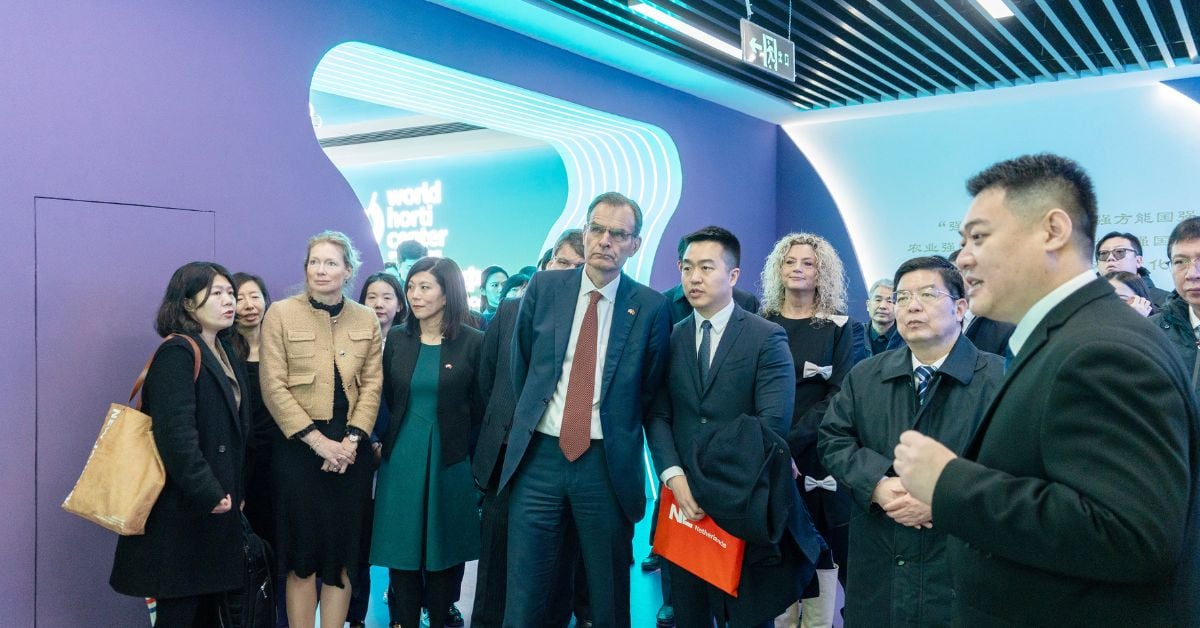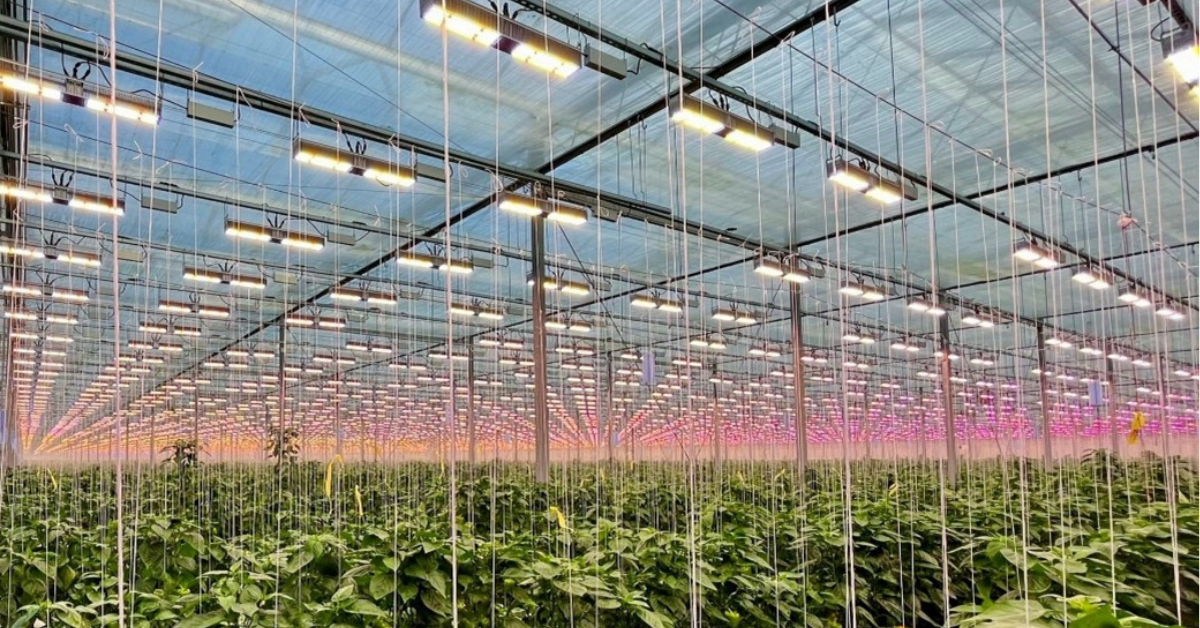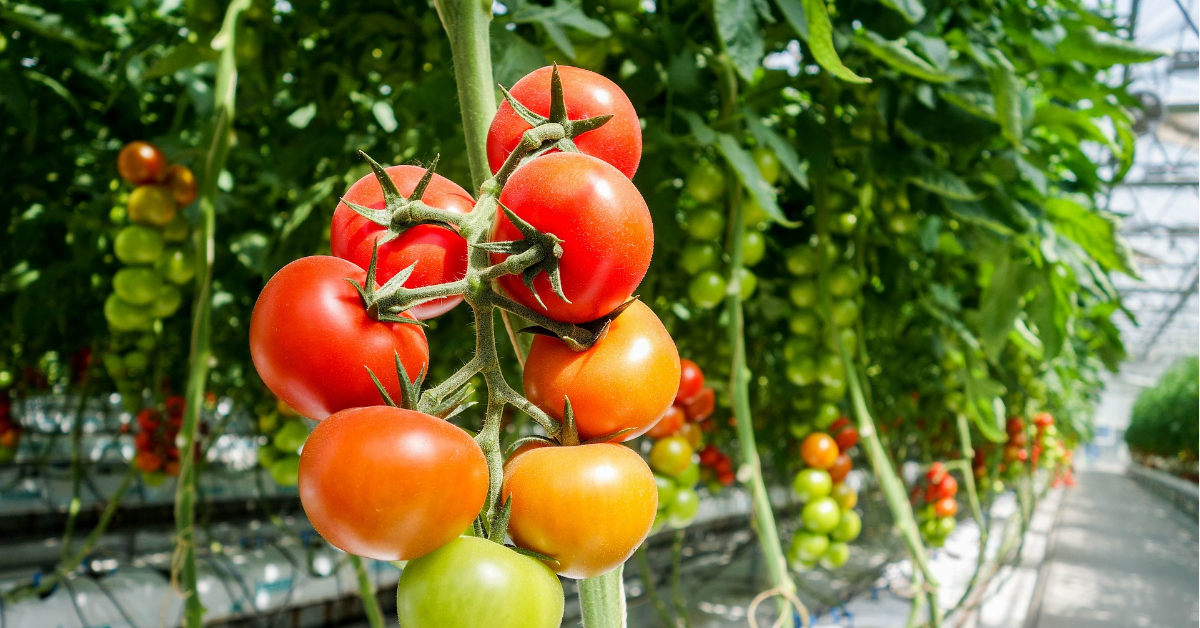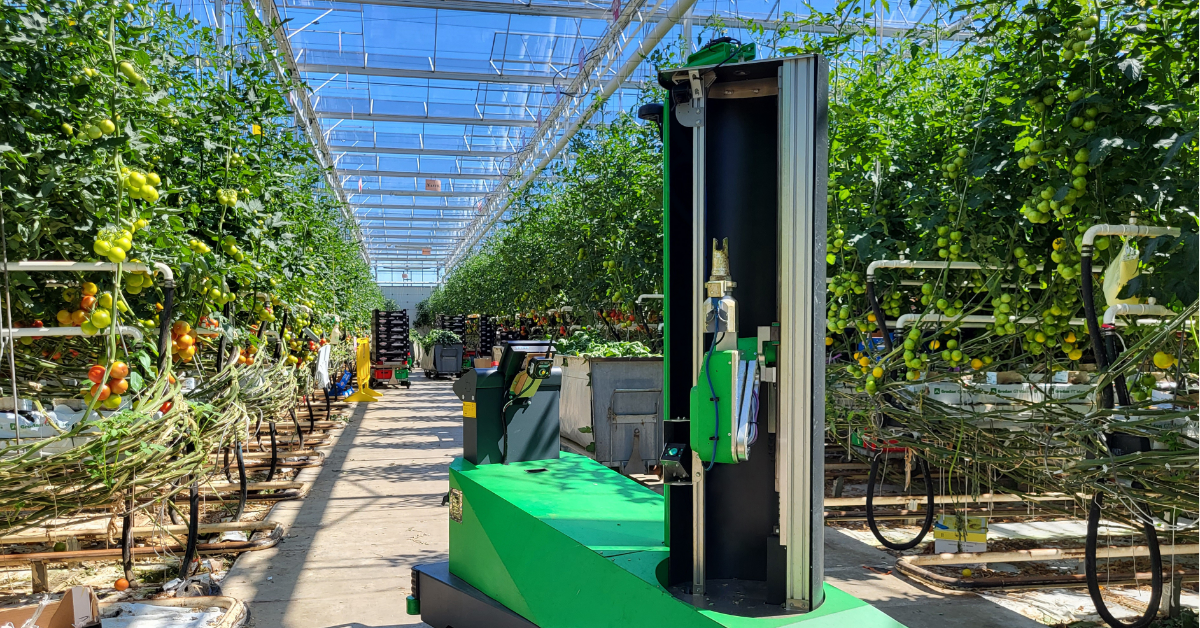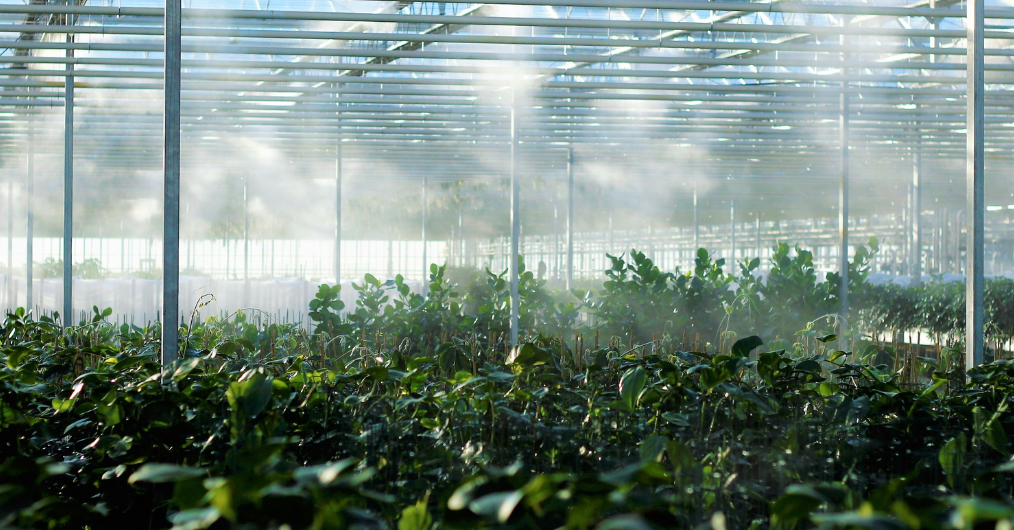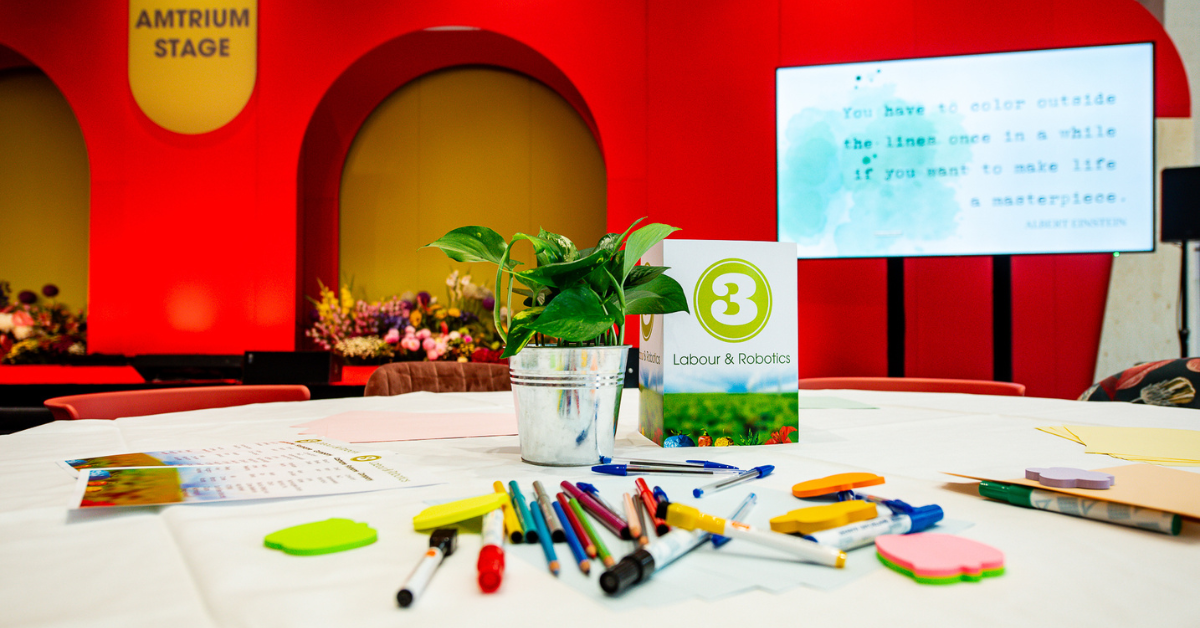Loading component...
England Spearheads Peat Ban
 Author: Rachel Anderson
Author: Rachel AndersonEngland Spearheads Peat Ban
Mindful of the need to protect our environment, the professional horticulture sector is continually developing more sustainable growing practices. One of the areas under the spotlight is the industry’s use of peat as a growing medium – and a controversial deadline set by England’s government will see the end of peat use in the country by 2026.
Moving away from peat
England’s Department for Environment, Food, and Rural Affairs (Defra) last year announced that all sales of peat to the amateur gardening sector will be banned in England by 2024. This spring (2023), a follow-up announcement revealed a deadline of 2026 for the end of the use of peat in the professional horticulture sector (with exemptions for plug plants and mushrooms until 2030).
This 2026 deadline came as a surprise to some. They thought they would have a bit more time than that because, in 2018, Defra had stated in its 25-year environment plan its intention to end peat use in horticultural products by 2030.
Meanwhile, the UK’s Scottish and Welsh Governments have also signalled their intention to ban the sale of horticultural peat. Many other European countries are also actively restoring and preserving their peatlands and moving away from using peat in the horticulture sector.
The Netherlands, for example, signed a covenant at the end of last year (2022) that pledged to initially achieve greater use of renewable raw materials, to double the use of compost, and to only use 100% responsibly-extracted peat for peat raw materials by 2025.
Other countries moving away from – and/or discussing – peat include, for instance, Germany, Norway, Belgium, Switzerland, and France.
So, things are moving.
A notable shift
This spring, the UK’s Horticultural Trades Association (HTA) and members of its specialist group, the Growing Media Association (GMA), revealed that the use of peat in horticulture has already significantly declined in the UK.
Reporting on industry trends in growing media from 2021 to 2022 highlighted a positive shift towards more sustainable practices within the sector – with UK suppliers, growers, and retailers collaborating to develop alternatives.
To that end, peat volume almost halved in one year – with the total volume dropping below one million cubic metres.
Moreover, the UK’s retail industry used less than half the volume of peat compared to the previous year, with the percentage standing at just 16.8%. The professional use of peat fell below 50% for the first time.
Clearly, many of the UK’s growers are now successfully growing their ornamental plants in peat-free growing media containing substances such as bark, wood-chip, and coir.
Catherine Dawson, technical director for Melcourt (which supplies growers with peat-free growing media) notes that the company is part of a consortium of organisations, led by BeadaMoss Micropropagation Services, that is successfully trialling – and developing its production methods for – sphagnum moss as a growing medium. And so, new components are evidently being explored.
Near-future challenges
Despite the statistics, the HTA asserts that many of the UK’s tree and plant growers face several challenges to transition to 100% peat free in the near future – and have called for their research and development trials to continue until 2030.
The HTA said: “It is a huge undertaking to change a system that has been developed over decades to produce £1.6bn of plants and trees needed to green our cities to help adapt to climate change. For many growers, research and development, trials, seasons, species, costs, and environment are just some of the factors that make going 100% peat-free a real challenge to produce plants and trees at the quality and quantity needed to meet both market demand and environmental targets.”
“The HTA estimates that the difference between the announced 2026 date and Defra's impact assessment's focus on a 2028 date seriously jeopardises 85% of the UK’s plant and tree production, and, with imports subject to the same requirements, the ban also poses a significant threat to the UK government’s tree planting and urban greening ambitions. It also risks permanently reducing the nation’s capacity to produce plants and trees as businesses fail or exit the market.”
The HTA also warned that, when looking at alternatives to peat, each plant/crop may require a different mix, irrigation regime, and nutrients, which requires extensive research and trialling to ensure success.
“One of the biggest challenges is the availability of quality, consistent, and sustainable peat-free alternatives at a commercially-appropriate cost. There is currently not enough peat-free material to replace current peat usage, and the industry is also competing with energy companies for wood fibre, which is a subsidised industry that consumes a lot of that product.”
The trade association added: “Green waste can be unstable, requiring a lot of work to get the mix right, and of course, there are pathogenic and chemical contamination risks with composted green waste material, unless from an entirely ‘clean’ source. Importing coir has its environmental impact, including ensuring the water used to wash the coir has been treated itself to remove pests and diseases and is not from a water-scarce area. Every alternative to peat is a by-product of another process. Also, the cost of peat-free alternatives is 15-25 per cent higher than peat, which is a challenge for the industry.”
Given these concerns, the HTA is closely supporting its members through the transition. For instance, as part of the Growing Media Taskforce – an alliance that includes the HTA, the National Farmers’ Union, the Royal Horticultural Society, the Growing Media Association, and the Garden Centre Association – it is ensuring that the full extent of horticulture is represented to government.
Dawson – who has helped Melcourt successfully supply growers with peat-free growing media for many years now – reassures the industry: “What we find is that those who want to grow peat free somehow manage it. Where there is a will there is a way. I think that’s true of most things in life – if we want something to work, we find a way.”
Background: Why peat?
Plants love to grow in peat – which is why it is Europe’s most frequently-used component in horticultural growing media. However, peatlands – from which peat is extracted – have huge environmental value. They help address the climate crisis by storing carbon, holding up to 20 times their weight in water* and are a hub of biodiversity – home to many rare species.
But when peat is harvested from these peatlands, these wildlife habitats are disturbed, and the stored carbon is oxidised – and so carbon dioxide is released. Ironically, this makes peatlands sources of greenhouse gases.
Research published by The UN Environment Programme World Conservation Monitoring Centre UNEP-WCMC in 2021 revealed that 25% of Europe’s peatlands are degraded.
In addition to peat extraction for horticultural purposes, peatlands have been drained to make way for fertile pasture and cropland – or been destroyed by the extraction of peat for use as a fuel source.
Europe’s Responsibly Produced Peat certification scheme – which is supported by many horticultural and growing media companies – takes the approach of protecting those peatlands that are undisturbed. This is because it doesn’t allow peat to be extracted from areas with high conservation value. Rather, it encourages peat extraction from highly-degraded areas. This should then be followed up with appropriate after-use measures.
The International Union for Conservation of Nature (IUCN) revealed that, in the UK, only around 20% of peatlands remain in a near-natural state**
The remaining 80% have been modified due to them being drained for agricultural purposes, forestry, burning and grazing management, and – of course – peat extraction for the horticulture market.
